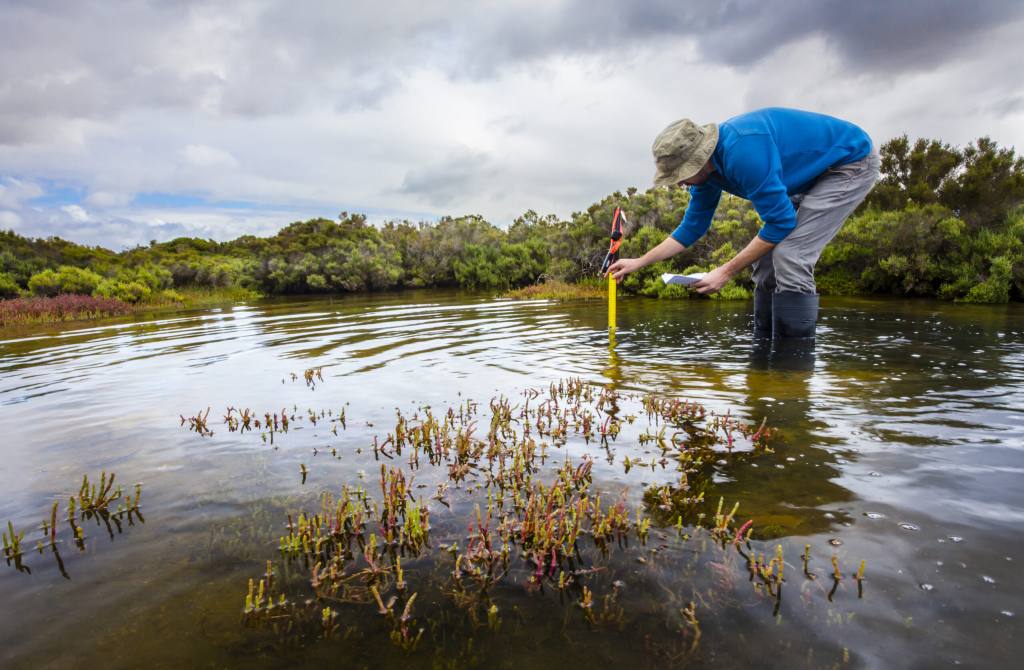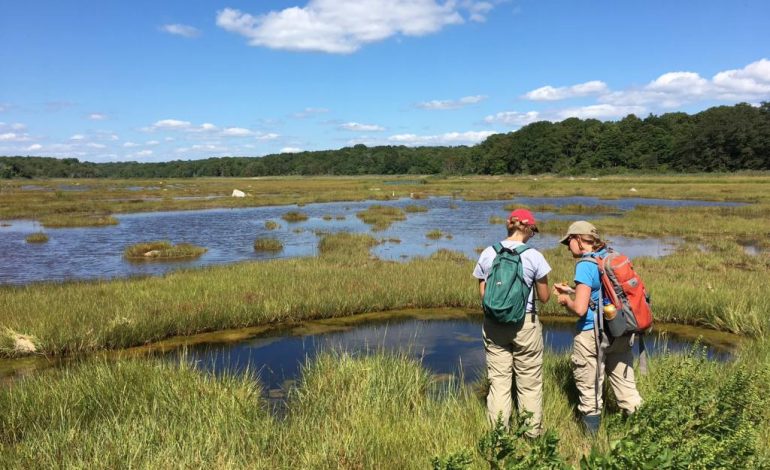Wetlands are among the most productive and diverse ecosystems on the planet, playing a critical role in maintaining environmental balance. These unique areas, where water meets land, are often overlooked in discussions about conservation. However, wetlands provide essential services that support biodiversity, protect against natural disasters, and contribute to the health of our planet. Understanding the ecological importance of wetlands is crucial for their preservation and the overall health of the environment.
Biodiversity Hotspots
Wetlands are biodiversity hotspots, home to a wide array of plant and animal species. These ecosystems support both aquatic and terrestrial life, creating a rich mosaic of habitats that sustain countless organisms. From migratory birds and amphibians to fish and invertebrates, wetlands provide critical breeding, feeding, and resting areas for many species.
The unique conditions of wetlands, characterized by their water-saturated soils, allow for the growth of specialized plants that are not found in other environments. These plants, in turn, support a variety of wildlife, creating complex food webs that are vital to maintaining ecological balance. The loss of wetlands can lead to a decline in species diversity, as many organisms depend exclusively on these habitats for survival.
Preserving wetlands is essential for protecting the biodiversity they harbor. As these ecosystems are threatened by human activities such as urban development, agriculture, and pollution, conservation efforts must prioritize the protection of wetlands to ensure the survival of the species that rely on them. A website dedicated to conservation efforts often highlights the critical role wetlands play in maintaining global biodiversity and the need for continued protection.
Natural Water Purifiers
One of the most important ecological functions of wetlands is their ability to act as natural water purifiers. Wetlands filter pollutants, sediments, and nutrients from water, improving water quality and safeguarding downstream ecosystems. The plants and microorganisms in wetlands absorb excess nutrients, such as nitrogen and phosphorus, which can cause harmful algal blooms in rivers, lakes, and oceans.

Wetlands also trap sediments, preventing them from clogging waterways and causing problems for aquatic life. By filtering out these materials, wetlands help maintain the clarity and quality of water bodies, making them healthier for both wildlife and human use. This natural filtration process is essential for sustaining clean water sources, which are increasingly under pressure from pollution and overuse.
Protecting wetlands is crucial for maintaining their role as natural water purifiers. Without these ecosystems, the burden of water treatment falls on human-made infrastructure, which is often less effective and more costly. By preserving wetlands, we can ensure that this vital ecological service continues to benefit both the environment and society.
Flood Control and Storm Protection
Wetlands play a significant role in flood control and storm protection, acting as natural buffers that absorb and store excess water. During periods of heavy rainfall or storm surges, wetlands can take in large amounts of water, reducing the impact of floods on surrounding areas. This ability to mitigate flood damage is especially important in regions prone to extreme weather events.
In coastal areas, wetlands such as mangroves and salt marshes provide a first line of defense against storms and hurricanes. These ecosystems dissipate wave energy, reducing the impact of storm surges on inland areas. The roots of wetland plants also stabilize shorelines, preventing erosion and protecting coastal communities from the destructive forces of the sea.
The loss of wetlands can lead to increased vulnerability to floods and storms, as the natural defenses they provide are weakened or eliminated. Conservation of wetlands is therefore essential for protecting human communities and infrastructure from the growing threat of extreme weather events, which are expected to become more frequent and severe due to climate change.
Carbon Sequestration and Climate Regulation
Wetlands are also important for their role in carbon sequestration and climate regulation. These ecosystems store large amounts of carbon in their soils and vegetation, helping to mitigate the effects of climate change. Peatlands, a type of wetland, are particularly effective at storing carbon, containing more carbon per unit area than any other ecosystem on Earth.
By trapping carbon dioxide from the atmosphere and storing it in the soil, wetlands reduce the amount of greenhouse gases that contribute to global warming. However, when wetlands are drained or degraded, the carbon stored in their soils is released back into the atmosphere, exacerbating climate change.
Protecting and restoring wetlands is a key strategy in the fight against climate change. By preserving these ecosystems, we can maintain their ability to sequester carbon and regulate the climate, providing a natural solution to one of the most pressing environmental challenges of our time.
Conclusion
Wetlands are vital to the health of our planet, providing a wide range of ecological services that support biodiversity, improve water quality, protect against natural disasters, and help regulate the climate. Despite their importance, wetlands continue to face threats from human activities, making their conservation a global priority. By recognizing and valuing the ecological importance of wetlands, we can work towards their preservation, ensuring that these unique ecosystems continue to benefit both nature and society for generations to come. Efforts highlighted on conservation-focused websites underscore the need for immediate action to protect these irreplaceable habitats and the myriad of services they provide.









